Slab leaks can be one of the most problematic and infuriating plumbing problems a homeowner will ever encounter—and the bad news is, they usually go undetected until the damage has been done. At John Padilla Plumbing, we have helped hundreds of San Diego homeowners contend with these insidious, hidden water leaks, and we know firsthand how much disruption they can cause. If you've ever asked yourself what a slab leak is, how to identify one, and what to do if you suspect you've got one—this guide is here for you.
Let us take you through everything you'll need to know, step by step, from warning signs to repair choices—and why calling in a professional plumber early is always the best call.
What Is a Slab Leak?
A slab leak is a leak in the pipes under your home's concrete floor (otherwise known as "the slab"). These pipes are typically part of your water supply line, and when they crack or develop pinhole leaks, water drips very gradually into the foundation or ground below it.
This kind of leak is particularly alarming because you can't see it. There's no dripping under the sink, no puddle on the floor—at least, not initially. Over time, however, the water accumulates and begins to damage your flooring, walls, and even the foundation itself.
Why Slab Leaks Are a Serious Threat
It may be tempting to just overlook a minor rise in your water bill or attribute a musty odor to something benign. But slab leaks move quickly. They're not simply a plumbing issue—they're a significant structural hazard.
If not treated, slab leaks can:
- Cause the soil under your home to erode, compromising the foundation's support
- Produce shifting, cracking, and sinking of floors and walls
- Encourage the growth of mold and mildew, which can produce health risks
- Lead to thousands of dollars in repair and utility bills
After your house foundation is breached, it becomes more intrusive and much costlier to repair. That's why prompt action is imperative.
Types of Slab Leaks
There are various causes of slab leaks and, unluckily, not always avoidable. That being said, knowing the underlying reasons can get you prepared:
- Pipe Corrosion – As time passes, metal pipes (particularly copper or galvanized steel) corrode, particularly when they're subjected to high mineral levels in the water.
- Abrasion – Pipes stretch and shrink a bit as water passes through them. When they're in direct contact with gravel or concrete, this shrinking and stretching can wear the pipe down over time.
- High Water Pressure – Abnormally high water pressure stresses your pipes and can cause early leaks.
- Poor Installation – Pipes that were not correctly insulated, supported, or installed at the time of construction are more susceptible to premature failure.
- Soil Movement – Where soil conditions vary with moisture levels, as in San Diego, the moving ground can crack or dislodge pipes.
Top Warning Signs of a Slab Leak
The hardest part of working with slab leaks is catching them early. Because these leaks occur underneath the slab, they tend to remain undetected until the signs become more pronounced.
These are the best red flags to look out for:
- Unexplained Peaks in Water Bills – If your consumption hasn't increased, but your bill has increased dramatically, a concealed leak could be the culprit.
- Running Water Sound When Everything's Off – A surefire indication something's leaking beneath the ground.
- Hot or Cold Floor Spots – If parts of the floor are warm (typically over hot water pipes), that's a warning sign.
- Wet Carpeting or Squeaky Flooring – Water could be coming up through the floor.
- Low Water Pressure – A leak in your supply line can reduce pressure house-wide.
- Musty Smells or Mildew Growth – Persistent moisture creates the perfect environment for mold.
If you’ve noticed any of these warning signs, don’t wait—it’s time to get a pro involved.
Dangers of Ignoring a Slab Leak
Look, we understand—you can't afford home repairs, and it's simple to put it off when it doesn't feel like a big deal. But with slab leaks, the longer you wait, the more it deteriorates. What initially is a slow drip can ultimately:
- Damage your foundation
- Harm floors, walls, and insulation
- Bring black mold into your home
- Drive the value of your home down and terrify potential buyers
It's just not worth it. The cost of inaction can easily outweigh the cost of professional repair.
Why You Should Hire a Professional Plumber
We can't emphasize this strongly enough—slab leaks are not something to be attempted as a DIY project. Properly identifying and safely repairing a slab leak takes training, specialized equipment, and a complete knowledge of plumbing systems and foundation construction.
At John Padilla Plumbing, we employ:
- Electronic leak detection to pinpoint leaks where they're originating
- Thermal imaging to detect temperature variations in flooring
- Acoustic listening equipment to listen for the hissing sound of water leaking under concrete
This non-destructive technology enables us to detect leaks without ripping up your house unnecessarily. After we've located the issue, we explain the repair options to you and ensure you know what's happening inside.
How Professionals Detect and Fix Slab Leaks
After we find the leak, we present a range of solutions based on its severity and location:
- Spot Repairs – If the leak is localized, we might be able to gain access to the pipe, remove the bad section, and repair it in place.
- Pipe Rerouting – In older systems or where there are several leaks, bypassing the slab entirely by rerouting new piping lines through walls or ceilings will often be our recommendation.
- Epoxy Pipe Coating – For smaller leaks or preventive repairs, we can epoxy coat the interior of the pipes, closing off the leak without excavating.
Every circumstance is unique, and we'll adapt our repair strategy to your individual house and plumbing system.
Preventive Steps to Prevent Future Slab Leaks
Although slab leaks can't always be avoided, there are a few things you can do to reduce your risk:
- Regularly Schedule Plumbing Inspections – Catch problems before they become emergencies
- Fit a Water Pressure Regulator – Shield your pipes from undue stress
- Replace Old Pipes – Upgrade corroded or obsolete lines with new materials
- Be Aware of Early Indicators – The earlier you act, the less damage to confront
- Spend a little on prevention today and save a lot tomorrow.
Final Takeaway: Act Quickly, Call a Pro
Slab leaks are not "a plumbing issue." They're a no-nonsense problem that can compromise your home's integrity, indoor air quality, and long-term worth. Don't risk making it worse by ignoring the signs or attempting a DIY repair.
Instead, don't take a chance. If you think you have a slab leak, call the reliable pros at John Padilla Plumbing to locate it quickly and repair it right—minimal disruption, maximum comfort.
Contact John Padilla Plumbing today and let's safeguard your San Diego home from the foundation up.

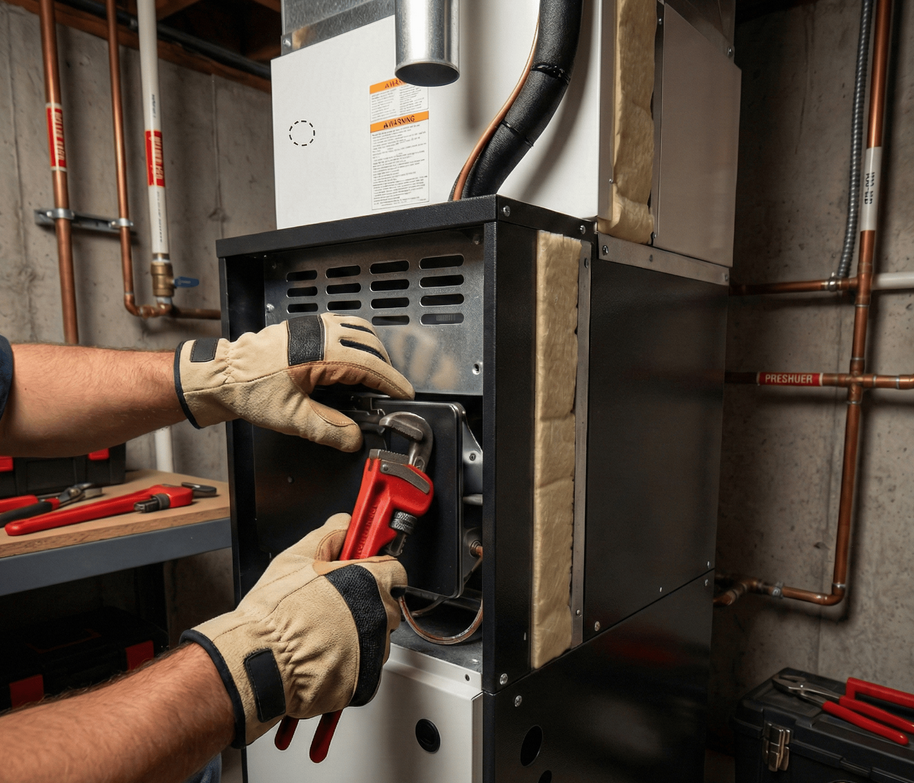
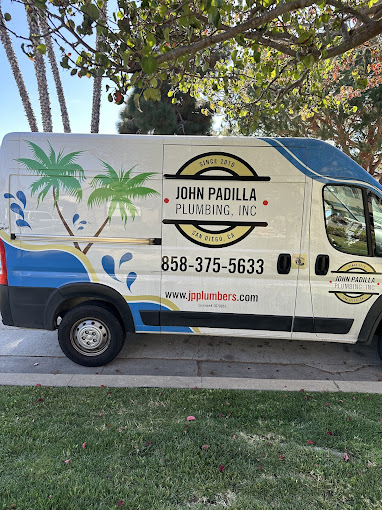
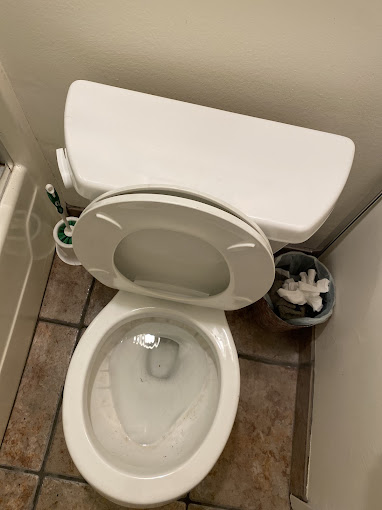
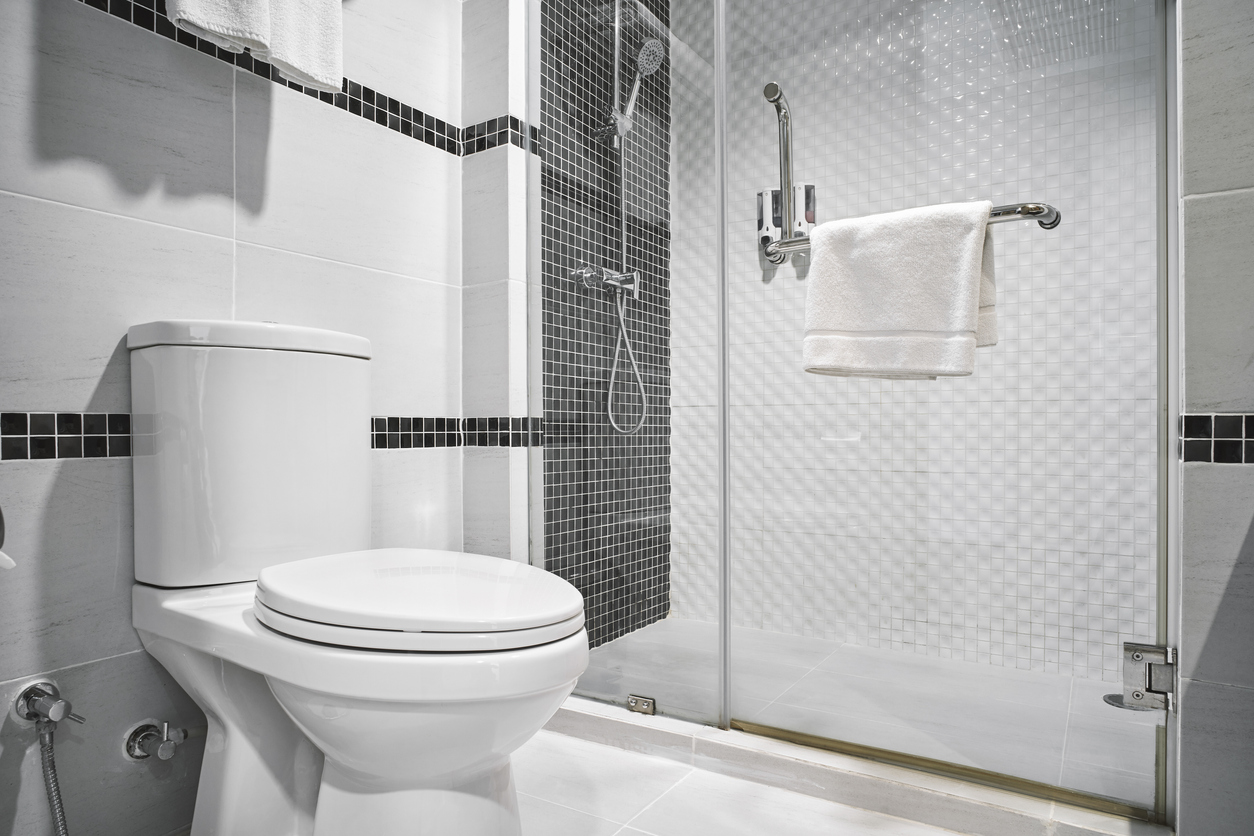
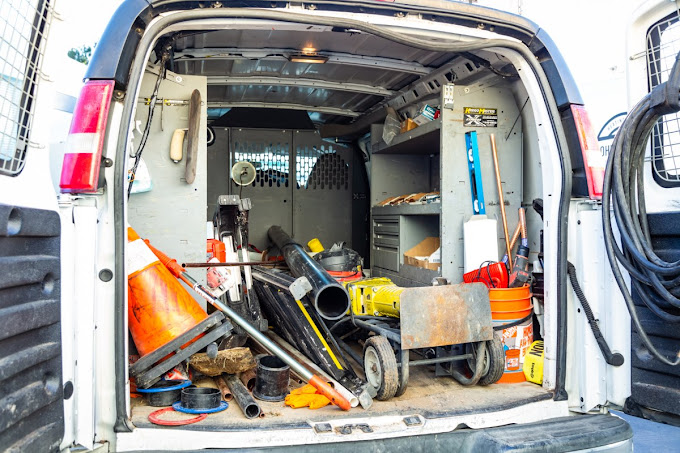

.svg)